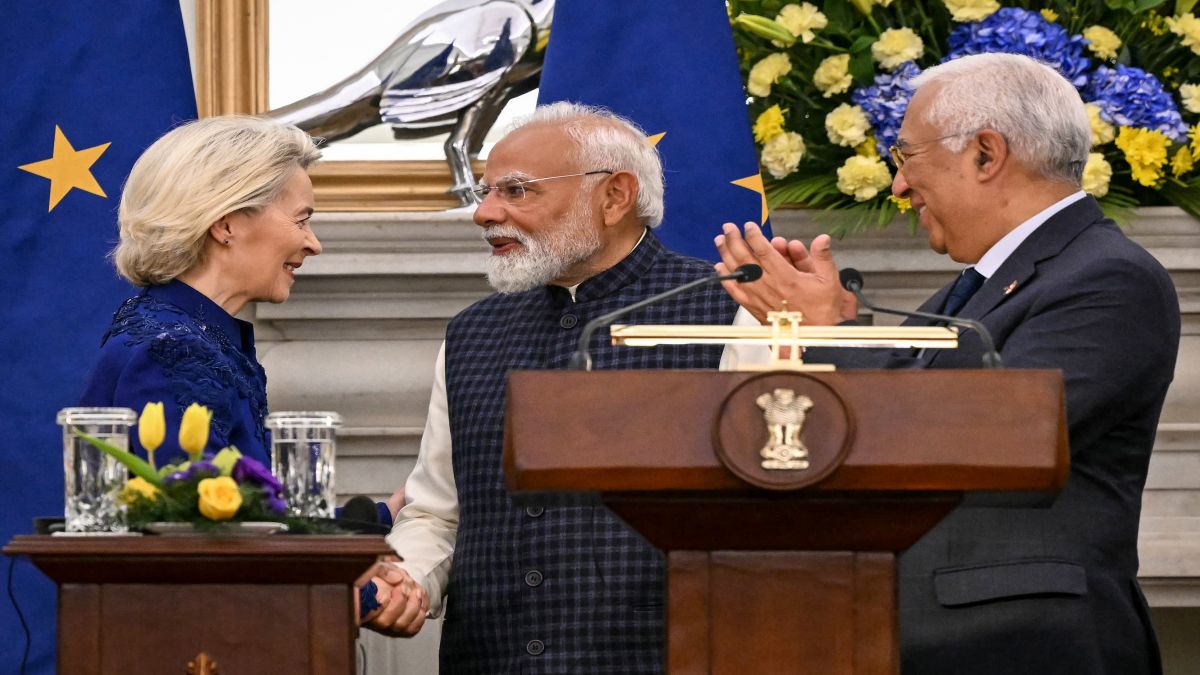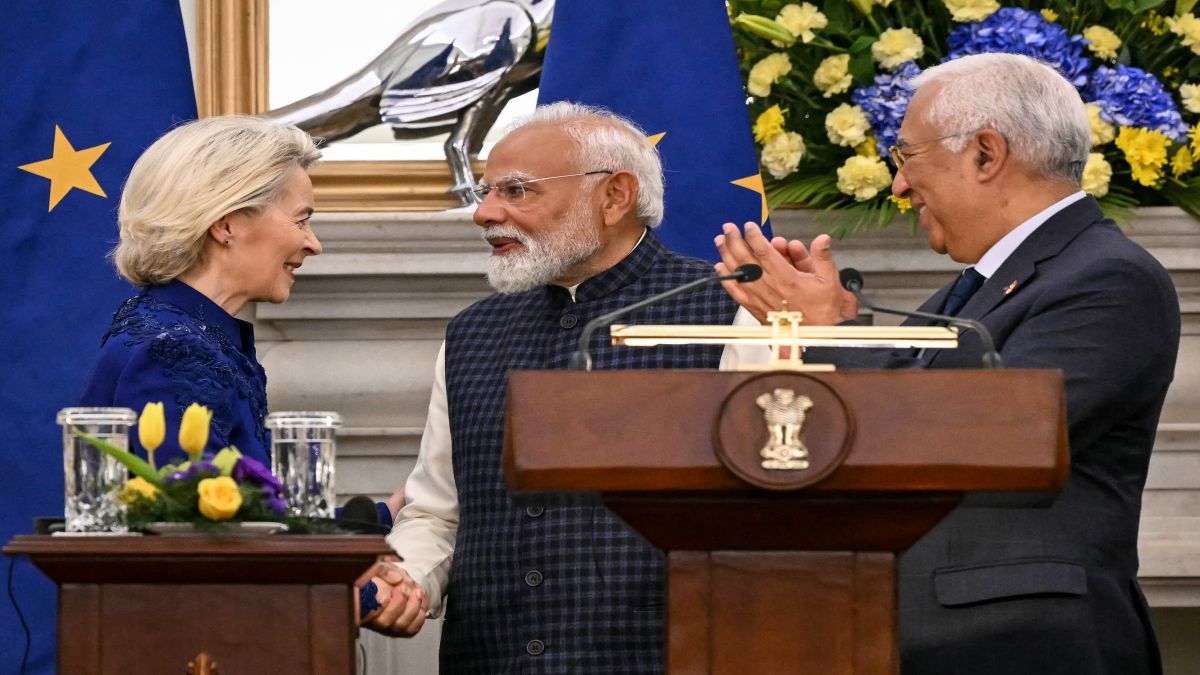It is time to remove the term ‘Harappan’ from designating the ancient civilisation of India, as it is inaccurate and ignores the nature and continuity of India’s civilisation as a whole. Harappan is an artificial and incidental term deriving from the archaeological site of Harappa in Pakistan along with Mohenjo-Daro, which were the major ancient urban sites in greater India discovered in the early twentieth century (1921-22) before the partition of the country. Western archaeologists arbitrarily chose it to designate an entire urban civilisation going back to 3500 BCE, which they viewed more as a lost civilisation than connected to the later history of India.
The term Harappa does not suggest any continuity in India’s history since the ancient period or give the Vedas any place in it. Those who proposed the name were proponents of the Aryan Invasion theory like Mortimer Wheeler, and such a non-Vedic term was useful in perpetuating that theory. Wheeler also promoted the false theory of the massacre at Mohenjo-Daro by invading Aryans which has been archaeologically disproved.
Importance of Rakhigarhi
Today the site of Rakhigarhi in Haryana, located in the Saraswati River region of Kurukshetra, and traditionally regarded as the home of the Vedas, has been proven to be larger and older than Harappa and Mohenjo-Daro which were on the Indus. As Rakhigarhi is the largest Harappan site, it would be more accurate to associate this ancient Indian civilisation with Rakhigarhi rather than Harappa. It better reveals the geographical connections of these sites to later India and its prime historical regions.
The Harappan civilisation has also been called the Indus Valley Civilisation (IVC) as the Indus River (Sindhu in Indian languages) was the main location of the initial sites discovered. However, further excavations have revealed the majority of the so-called Harappan or Indus sites were located by the Saraswati River, famous in Vedic texts, which dried up around 4000 years ago, showing its antiquity.
Quick Reads
View AllAn Ancient Maritime Civilisation
In addition, Harappan sites have been found in Gujarat by the ocean in what was then the delta region of the Saraswati River, indicating it was a maritime culture from the Saraswati to the sea. Vedic civilisation was also maritime, with 150 references to the ocean in the oldest Rig Veda alone, including noting the Saraswati River as flowing from the mountains to the sea.
Using nondescript terms like ‘Harappan’ fits in with the terminology of the Aryan Invasion theory that separates the Vedas from the origins of India’s civilisation, which colonial scholars also maintained. Harappans are often called pre-Vedic or non-Vedic which the Rakhigarhi finds also disprove.
The rivers of Northwest India on which so-called Harappan sites have been found have ancient Vedic names including Sindhu, Saraswati, Vitasta, Parushni (Ravi), Vipas (Beas), Shutudri (Sutlej), Yamuna and Ganga. Vedic texts show a similar culture, artefacts and geography to what has been called Harappan, extending from fire altars to Shiva lingas. We see a continuity of civilisation in India from sites as old as 8000 years ago like Rakhigarhi or Bhirrana, another such ancient site in the Kurukshetra region in Haryana.
Saraswati-Sindhu Vedic Civilisation
In place of ‘Harappan’, the civilisation should be better called “Vedic Saraswati Civilisation”, or “Saraswati-Sindhu-Civilisation”. Using the term ‘Harappan’ is misleading for the study of India’s history as it does not suggest the actual centre of the civilisation on the Saraswati River, along with its Vedic and Bharatiya connections.
Ramifications for India’s Textbook Accounts of History
Indian Marxist scholars like Romila Thapar and Irfan Habib who opposed the idea of the Saraswati civilisation were also, not surprisingly, the main academic opponents of the Ram Temple in Ayodhya. They denied that there ever was any Hindu temple at the Babri Masjid site, even after Prof. B.B Lal, Director General of the Archaeological Survey of India (ASI), showed the evidence. Lal also wrote extensively on the Harappan as a Saraswati and Vedic culture and was involved in the excavation of Harappan sites.
Unfortunately, these same Marxist scholars were given charge over India’s history textbooks by the Congress government, not only relative to the ancient period but medieval and modern periods as well, including India’s independence movement. The youth of India were given their distorted views of India’s history as authoritative, devised to get them to reject their own culture and dharmic civilisation, portraying India as a country of invaders and no such religion as Hinduism but only a series of local cults.
Congress did this trying to gain politically and made the Marxists their intellectual wing in a lack of any thinkers of their own. You can be certain that if the Congress ever came back to power, they would try to restore these academics and their views. Fortunately, Sri Ram has proved too strong for them and the Vedas can no longer be denied their core role in the history of Bharat.
The writer is the director of the American Institute of Vedic Studies and the author of more than 30 books on yoga and Vedic traditions. Views expressed in the above piece are personal and solely that of the author. They do not necessarily reflect Firstpost_’s views._
Read all the
Latest News,
Trending News,
Cricket News,
Bollywood News,
India News and
Entertainment News here. Follow us on
Facebook,
Twitter and
Instagram.


)

)
)
)
)
)
)
)
)



